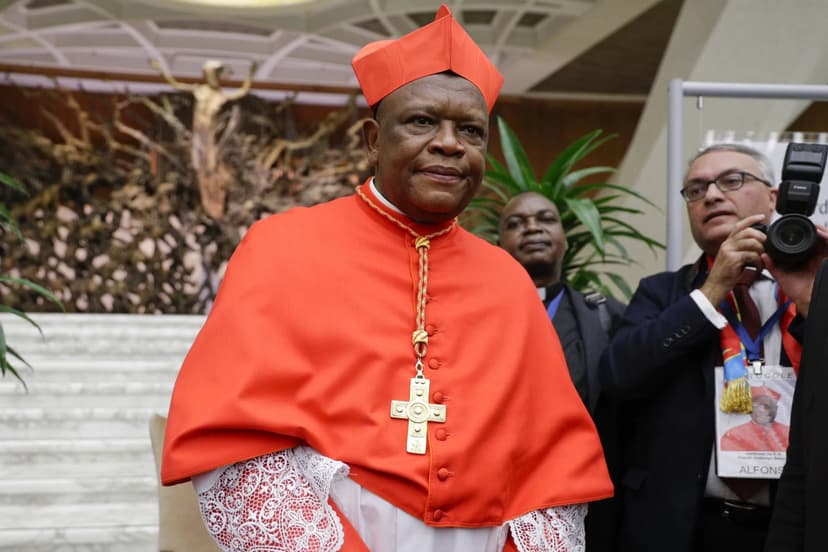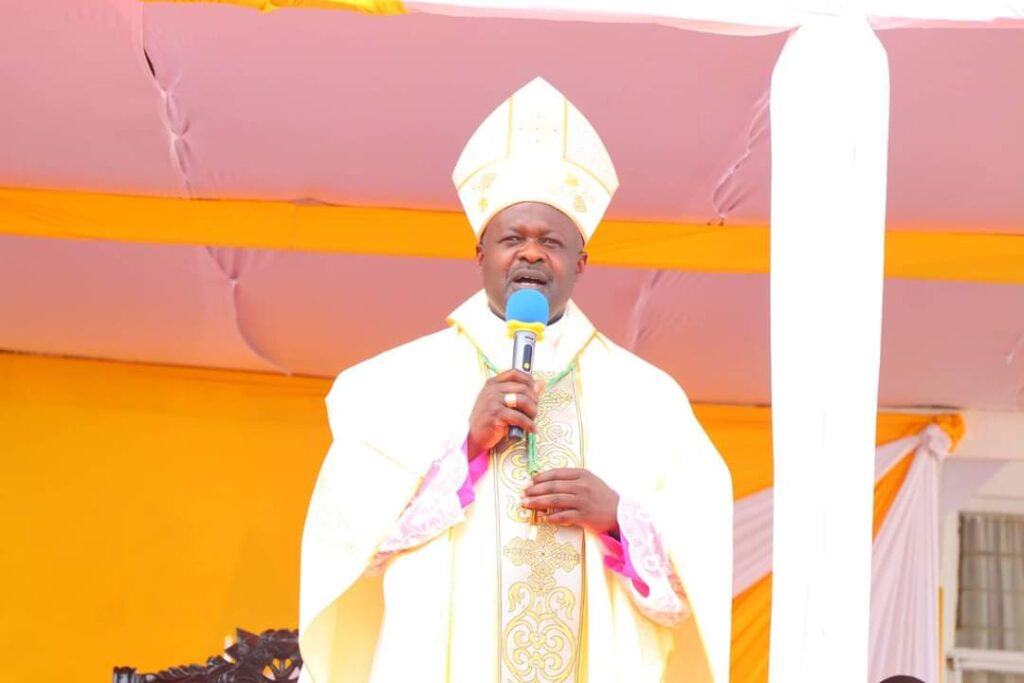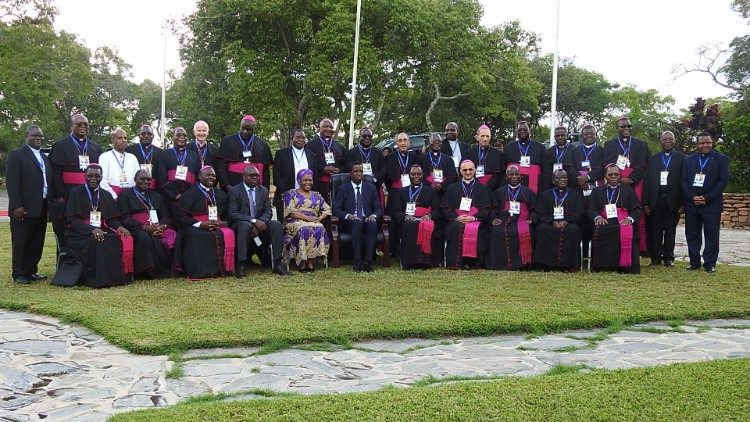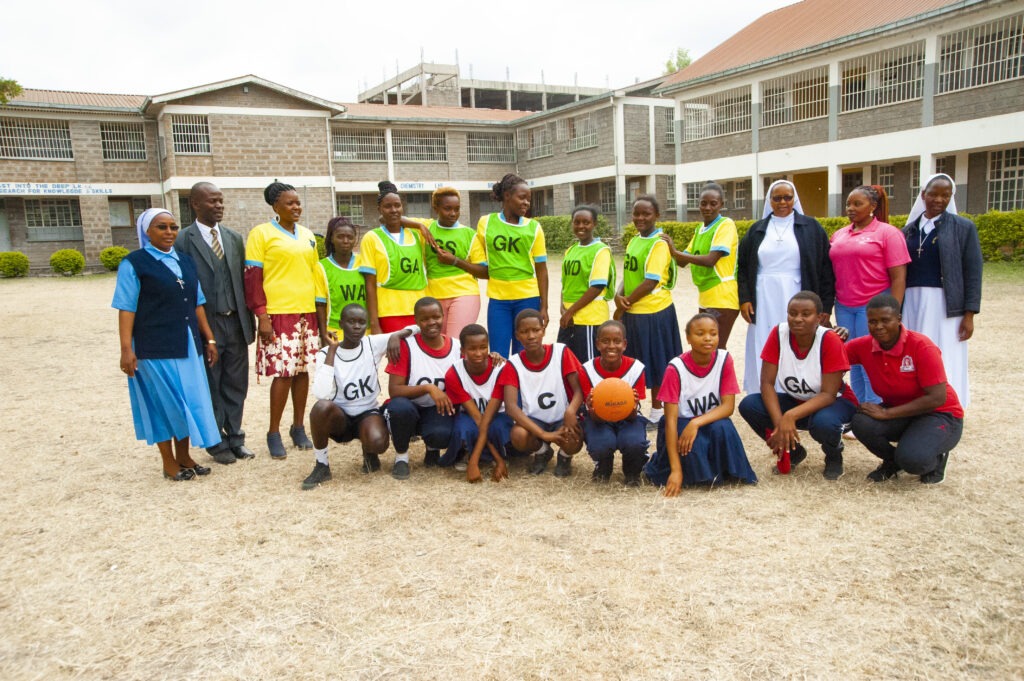On 11th February 2024, Côte d’Ivoire emerged champions of the delayed 2023 Africa Cup of Nations (AFCON). The Elephants of Ivory Coast edged the Super Eagles of Nigeria 2–1 in Abidjan. This final saw Diana Chikotesha of Zambia (Photo: on the left) become the first female referee to officiate as a second assistant referee in a men’s AFCON final.
The 35-year-old had a flawless display. Diana’s excellent performance exposed not only the thin line between gender roles in football but also in all aspects of life. In general, the same can be said about the other four female referees who officiated at the just ended Africa’s biggest football tournament in Côte d’Ivoire.
Sadly, women’s unique insights and contributions to society and the church are frequently downplayed or side-lined. Therefore, as we celebrate International Women’s Day on 8th March, the call is to acknowledge and embrace women’s contributions. Often, our patriarchal dominated society tends to elevate men’s efforts at the expense of women.
Regrettably, in some quarters, women themselves have a habit of pulling down their fellow women. So, achieving gender equality will require a shift in attitude, not just among men, but also among women. The change process will be long and difficult. This is so largely because stereotypes and prejudices against women are deeply engraved in our society’s psyche. We are dealing here with belief systems that are as old as human history itself. Yet it is possible to dismantle them.
The first step is acknowledging the existence of this gender inequality or injustice. Unfortunately, many people are either unconsciously or consciously blind to this reality. It is also true that maintaining the status quo in the long run will not benefit anyone. On the contrary, empowerment and progress for women will benefit us all.
Therefore, beyond acknowledging the existence of gender inequality, the second step is to invest in women. Consequently, in a world facing multiple crises, investing in women is more vital than ever. We cannot afford to waste any more time discussing whether empowering women will bear fruit or not. Experience has already shown that if you educate a woman, you educate a nation.
What is needed particularly in Africa is investing in the education of girls. Of course, this has to be done in such a way that the boy child is not neglected. Lamentably, we have also seen in some extreme cases where the uplifting of women or the girl child meant the downfall of men or the boy child. We need a balanced approach to gender issues so that no one is left behind.
The other female referees at the 2023 AFCON were Salima Mukansanga (Rwanda), Akhona Zennith Makalima (South Africa), Rivet Maria Pakuita Cinquela (Mauritius) and Bouchra Karboubi (Morocco). These women are an inspiration to current and future generations of women that regardless the gender, dedication and professionalism pays. Notwithstanding, common errors, these women referees proved once again that women are just as capable as men, if not more so.
This year’s International Women’s Day will be celebrated under the theme, “Let us invest in women: accelerate progress”. Let us heed this call with resolve.
By Fr Andrew Bwalya, MCCJ











